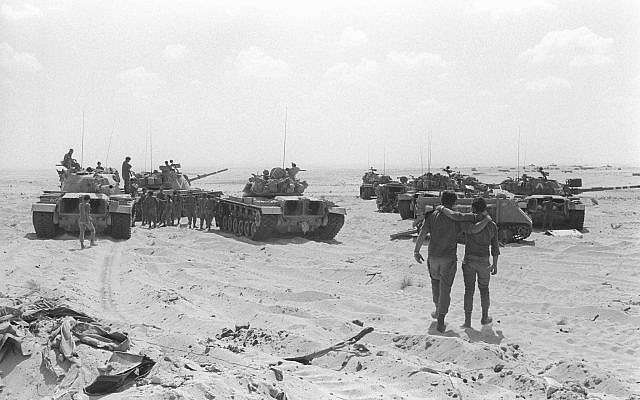Yom Kippur, an austere and poignant day in the Jewish calendar, stands as a powerful testament to reflection and restoration. Each year, as the sun sets and a hushed stillness blankets Israel, the atmosphere shifts; the frenetic pace of daily life gives way to an introspective solemnity. For many, this holy day initiates a period of atonement, engendering both individual contemplation and communal reparation.
Celebrated as the Day of Atonement, Yom Kippur is not merely a cessation of routine but a profound pilgrimage inward. Citizens across the nation immerse themselves in prayer, fasting, and reflection, adopting an ethos that emphasizes self-purification and a resolve to transcend past transgressions. The day unfurls an opportunity for renewal, prompting individuals to reevaluate their connections—with God, with others, and with themselves.
Historically, this sacred observance has been woven into the fabric of Jewish identity. Amidst the solemnity, it also serves as a stark reminder of the fragility of peace and the need for understanding in the face of conflict. The commemoration of Yom Kippur resonates deeply, especially in the context of past wars that have shaped the nation’s narrative, such as the Yom Kippur War of 1973, which stands as both a moment of vulnerability and resilience for Israel.
As dusk falls, the sound of the shofar—an ancient ram’s horn—pierces the air, marking the beginning of a 25-hour fast. In synagogues and homes alike, prayers echo, reverberating through the hearts of the faithful. This auditory signal festoons the night with an unmistakable aura of unity, as families and friends gather to share in an experience that transcends individualism.
The uniqueness of Yom Kippur lies not only in its rituals but in the palpable shift in societal focus. Streets that typically buzz with activity fall eerily silent; vehicles abandon the roads as citizens unite in spiritual observance. Even those who typically remain distant from religious customs find themselves drawn to the profound significance of the day.
In recent years, there has been an emergent dialogue surrounding the day’s implications for peace and reconciliation. As Israel grapples with its complex geopolitical landscape, Yom Kippur has evolved into an emblem of hope—an invocation to extend empathy across divides. Could this day of reflection herald a renewed commitment to understanding and cooperation with neighbors? The quest for answers stirs curiosity and encourages discourse among diverse communities.
Yom Kippur resonates as much today as it did centuries ago, bridging time and tradition. The journey toward atonement and understanding is ongoing, and as the nation pauses to reflect, the promise of a transformative shift in perspective lingers in the air. The invocation of compassion is paramount, and through the legacies of the past, both individual and collective futures may find a path illuminated by the light of introspection and grace.
